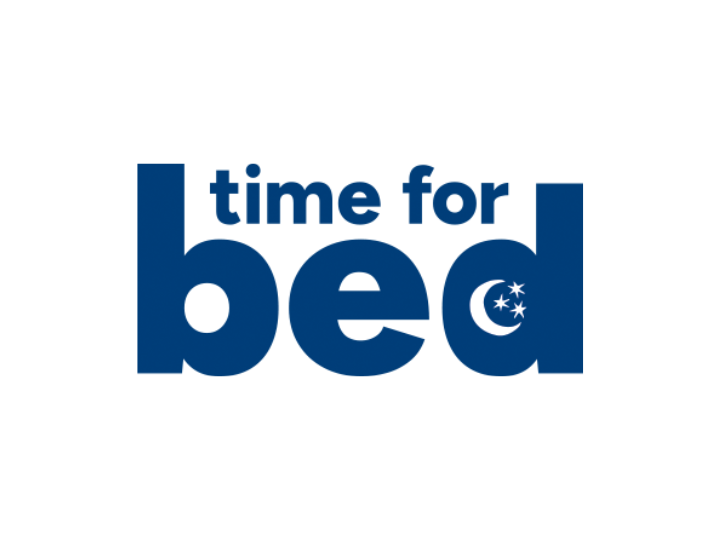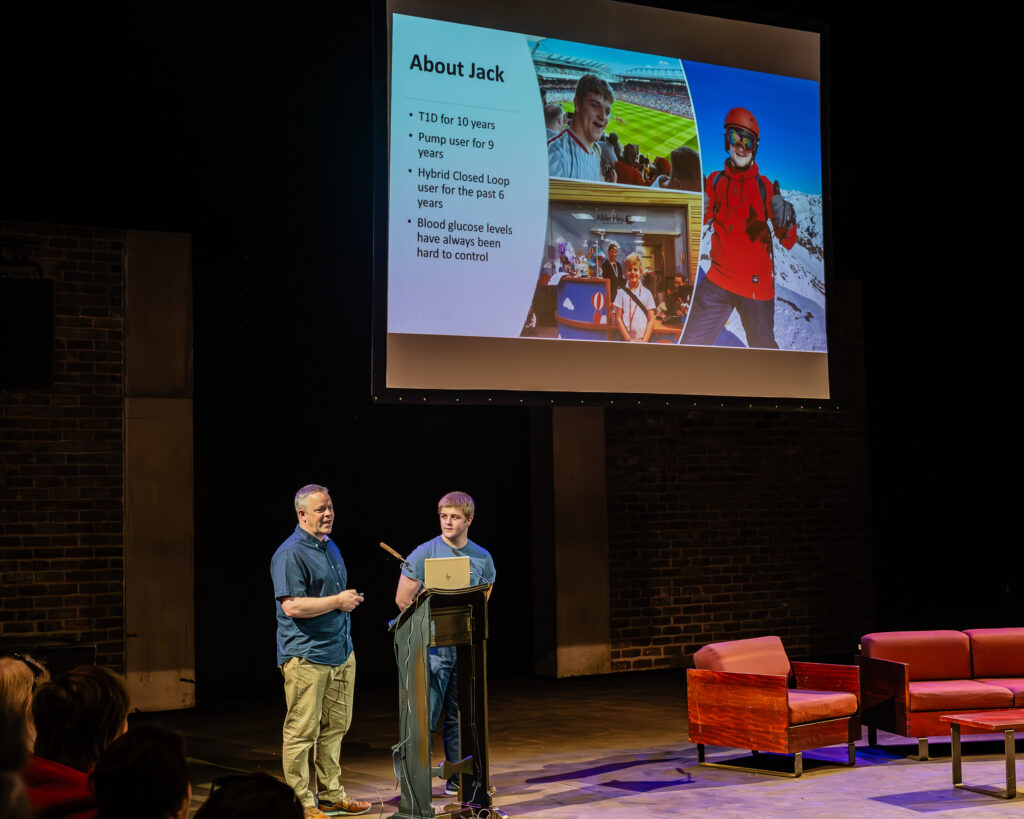We share a recent report from the Centre for Social Justice Foundation, underlining the funding and power imbalance facing small and medium-sized charities, together with some important recommendations for change.
As a charitable foundation that works with hundreds of poverty-fighting grassroots charities we are acutely aware of the pressures and challenges that many of them face. The need for their support is rising, while funding opportunities are disappearing.
The report highlights the widening post-pandemic funding gap between small and large charities, with income for the small charity sector declining by £4.6 billion, compared with an overall £4.5 billion rise for larger charitable organisations. And these smaller charities are increasingly being forced to close – the CSJ Foundation’s report notes that of the 921 charities that have closed so far in 2024, almost all of these (904) have an annual income of less than £1 million.
Read Underfunded and Overlooked, the report from the CSJ Foundation in full here.
A focus on philanthropy
The report also highlights the opportunity to improve the mechanism for philanthropic investments and private donations, stating:
“Much can be done to improve the way philanthropic investments and private donations work, for both donors and charities. Philanthropists and people seeking to donate, are often unaware of the most effective grassroots organisations (sometimes right on their doorstep) and so are not in a position to invest in high-impact grassroots poverty-fighting organisations.”
The report recommends making it easier for potential donors to access the very best small charities and organisations.
Finding those excellent small charities is a real challenge for philanthropists, as we are acutely aware at the Steve Morgan Foundation, as they rarely have the time nor resources for self-promotion. We raise awareness by attending funding events and using social media (and articles such as this) to ensure we can attract funding applications from the widest possible cohort in our regions, but there is always so much more to be done.
Recommendations for addressing the imbalance in the charity sector
The report sets out four key recommendations, which we summarise here:
#1 Local and national government should give due consideration to small and medium-sized charities when making contracting decisions for the provision of social services.
#2 The Government should ringfence a proportion of its charitable grant-making for grassroots charitable organisations.
#3 To stimulate hilanthropic giving , the Government should commit to match funding charitable initiatives. A model for this could be the DCMS Community Match Fund initiative, rolled out during the pandemic. We were involved in this scheme, distributing a total of £20 million to organisations at the forefront of essential service delivery to the most severely impacted communities.
#4 The Government should give an equal voice to smaller charities when it engages with the sector for research and policy making.
Supporting grassroots charities
We know that local, grassroots charities are often the ones best placed to support the most vulnerable in our communities. It is time for policymakers, philanthropists and the charity sector to come together and ensure we can protect these excellent local organisations.
The Steve Morgan Foundation provides a range of grants for organisations that make a positive difference to those in need. Areas of support include poverty, homelessness, health and wellbeing, education and training. We also provide smaller grants to people requiring specialised disability equipment. Find out more about our grants and how to apply.
About the CSJ Foundation
The CSJ Foundation was established by the Centre for Social Justice, an independent think-tank that studies the root causes of Britain’s social problems and addresses them by recommending practical, workable policy interventions.
Sitting in a unique position between frontline charities, philanthropists, and policymakers, the CSJ Foundation describes its mission as being to ‘put social justice at the heart of British philanthropy’ and to ‘revolutionise the way local grass roots charities are seen and funded’.






